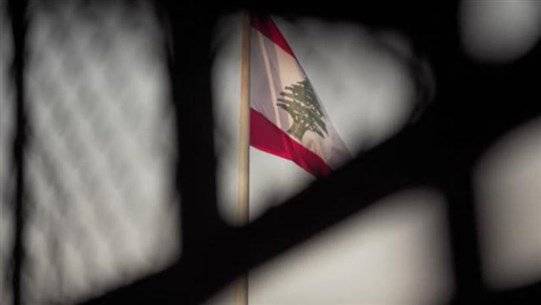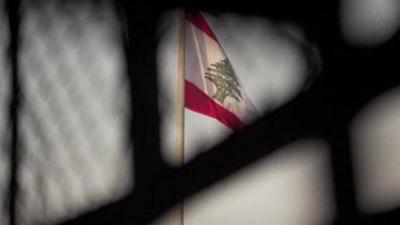Eighteen days before the constitutional deadline to elect a new president, Lebanon appears to be floating outside the realm of gravity, with the absence of a state capable of managing crises and controlling financial, economic, and social disruptions. The fragmented reality is evident in the almost complete lack of any relevant movements or meetings regarding the challenges faced by the Lebanese at the presidential offices, aside from meetings that provide no substantial benefit. Notably, the government palace has witnessed a complete absence of ministerial activities or meetings for several days, while Baabda is preoccupied with an old-new distraction regarding a supposed plan to return Syrian refugees to their homeland. This distraction reveals a futile exploitation of the issue during the end of the term. Political and parliamentary circles have begun to raise serious questions, doubts, and fears regarding the ramifications of the financial and social crisis when the country plunges entirely into the developments of the presidential election in September, potentially hindering any discussions on legislative action, starting with the urgent budget law, alongside other projects linked to the reforms requested by the International Monetary Fund.
These circles are genuinely concerned that as the fragmentation between the three presidencies increases, and the ongoing disconnection among them grows, it may become impossible to even pass the budget, which is still languishing in the Finance and Budget Committee. No one has definitive guarantees that urgent legislation will be approved before the presidential election, with the possibility of a presidential vacuum looming and a caretaker government managing affairs. This context indicates that most concerned parties consider the possibility of circumventing the stalled governmental process and forming a new government to be effectively moot, as the political landscape seems to be focused solely on the presidential election, with internal pressures expected to escalate from the end of this month as the constitutional deadline approaches.
In this regard, informed political sources expressed yesterday their belief that the next two weeks will bring significant and important indicators regarding the external atmospheres observed by Lebanese parties and forces before they embark seriously on movements related to genuine and serious presidential candidacies. The issue of maritime border demarcation between Lebanon and Israel, while not currently dominating internal political discourse, is closely monitored by local forces, who are awaiting the outcome of American mediation in the negotiations before the start of September. The recent absence of accurate data concerning American mediator Amos Hochstein's mission has dampened many internal initiatives, as everyone awaits clear information regarding the Israeli stance that Hochstein is supposed to relay to Lebanon. Furthermore, according to the same sources, there is anticipation about the outcomes of certain regional and international developments that are believed to have indirect impacts on the presidential election process, notably the Vienna negotiations regarding the Iranian nuclear file. These developments are expected to clarify in the coming two weeks, thereby amplifying the significance of the countdown to the commencement of the constitutional deadline.




